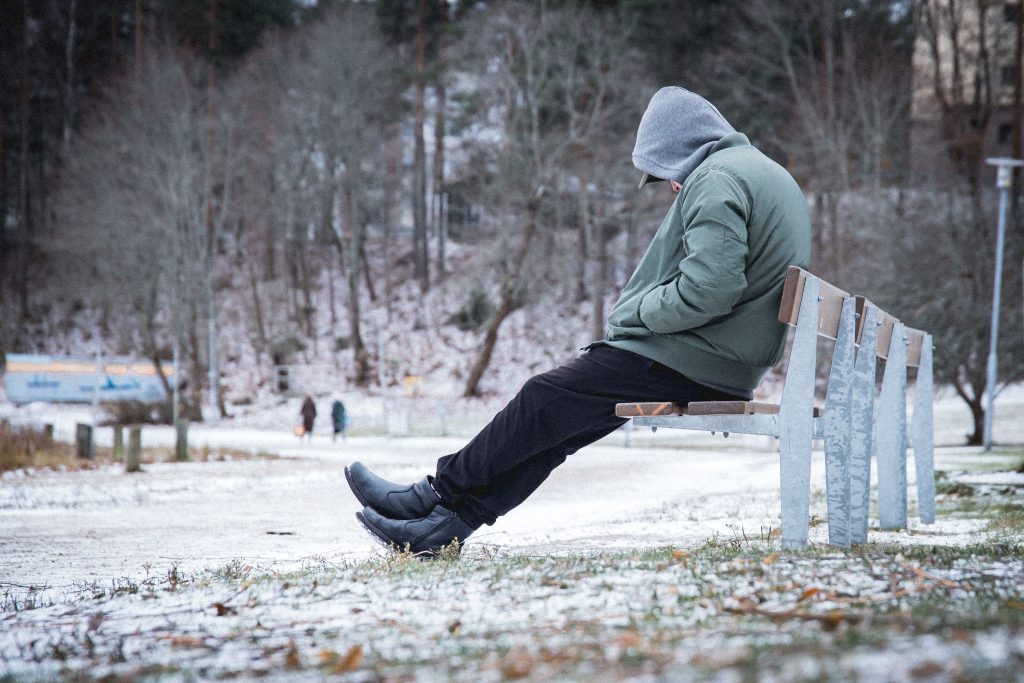
The Importance of Mental Wellness: A Path to a Healthier You
January 2, 2025
How to Overcome Seasonal Affective Disorder: 7 Effective Tips
January 9, 2025
As the days grow shorter and colder, many people notice changes in their mood and energy levels. For some, these changes become so significant that they interfere with daily life. This phenomenon, known as seasonal affective disorder (SAD), is a type of depression that typically occurs during the fall and winter months. In this blog, we’ll explore what seasonal affective disorder is, its symptoms, and why wintertime depression is so common.
What is Seasonal Affective Disorder?
Seasonal affective disorder is a form of depression that follows a seasonal pattern, often emerging in late fall or early winter and subsiding as spring arrives. While it is expected to experience occasional mood changes with the seasons, SAD is more severe and persistent, affecting daily functioning. The exact causes of SAD are not fully understood, but researchers suggest several contributing factors:
- Reduced Exposure to Sunlight: Shorter days and longer nights during the winter months lead to decreased sunlight exposure, disrupting the body’s internal clock (circadian rhythm) and serotonin levels
- Biochemical Changes: A lack of sunlight can lower serotonin levels, a neurotransmitter that affects mood, and increase melatonin production, which regulates sleep and may cause excessive drowsiness
- Genetic Factors: People with a family history of depression or SAD may be more susceptible to the disorder
Seasonal Affective Disorder Symptoms
The seasonal affective disorder symptoms can vary in severity, but they commonly include:
- Persistent Sadness or Low Mood: Feelings of hopelessness and despair that last for weeks or months.
- Loss of Interest: Reduced interest in activities once enjoyed
- Fatigue and Low Energy: Difficulty staying awake or feeling energized, even after a whole night’s sleep
- Difficulty Concentrating: Struggling with focus and decision-making
- Irritability or Anxiety: Increased feelings of frustration or nervousness
If these symptoms recur each winter and significantly impact daily life, they may indicate SAD.
Why is Winter Time Depression So Common?
The prevalence of wintertime depression is linked to several environmental and physiological factors:
- Lack of Natural Light: During the winter months, the reduced availability of sunlight disrupts the production of serotonin and melatonin, leading to mood and sleep disturbances.
- Cold Weather and Isolation: Harsh weather conditions often limit outdoor activities and social interactions, contributing to feelings of loneliness and boredom.
- Holiday Stress: While the holidays are joyful for some, they can be a source of stress, financial strain, or reminders of loss for others.
- Post-Holiday Letdown: After the excitement of the holiday season, many people feel a sense of emptiness, which can exacerbate feelings of depression.
Coping with Seasonal Affective Disorder
Managing seasonal depression involves addressing its root causes and alleviating symptoms through various strategies:
- Light Therapy: Exposure to a lightbox that mimics natural sunlight can help regulate serotonin and melatonin levels. This treatment is particularly effective when used consistently in the morning
- Maintain a Routine: Sticking to a regular schedule for sleeping, eating, and moving your body can help stabilize your mood
- Engage in Movement: Moving your body releases endorphins, which can improve mood. Even a short walk outside during daylight hours can make a difference
- Seek Social Support: Spending time with friends and family can combat feelings of isolation and provide emotional support
- Professional Help: If symptoms persist, consider consulting a mental health professional. Cognitive-behavioral therapy (CBT) or medication can be highly effective treatments
Get Help Today
Understanding what seasonal affective disorder is and recognizing the symptoms of seasonal affective disorder is essential for managing this condition. While the winter-time depression associated with SAD can be challenging, there are effective treatments and strategies to mitigate its effects. By seeking help and implementing coping mechanisms, those affected can regain control and improve their quality of life, even during the year’s darkest months.
_________________________________________________________________________________
Looking for treatment for an eating disorder, anxiety, depression, trauma, or postpartum mood disorder?
Evolve Counseling Services is a specialized team of Licensed Therapists providing treatment in Paoli.



